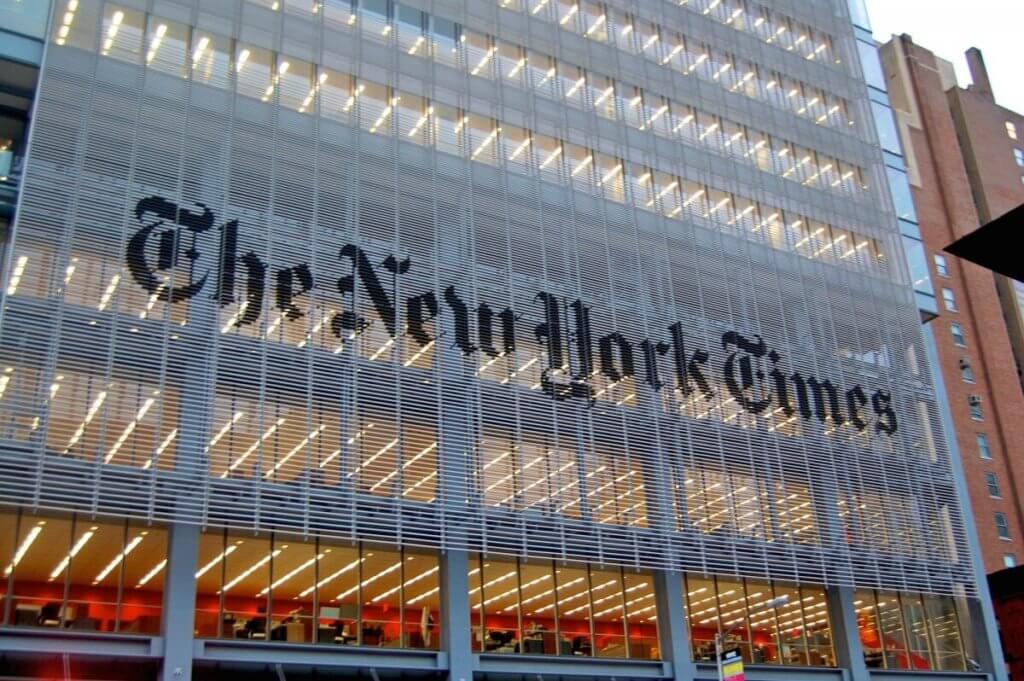In a year when outsider candidates and populist and progressive movements all are saying “the system is rigged,” here is an interesting object lesson.
Earlier this week, CNN and ABC agreed to consider internet submissions from the public for questions in the next presidential debate:
ABC and CNN have agreed to consider “bottom-up questions”—those submitted online by the public—for inclusion in the October 9 presidential town hall debate, the bipartisan Open Debate Coalition announced Tuesday.
Even that system is more inclusive than The New York Times, which ran a Questions for the Candidates story last week, asking readers to choose which of 15 questions drafted by the Times was most important to them.
15 Questions for Trump and Clinton. You Choose. We asked readers to choose which of 15 questions for Hillary Clinton and Donald Trump were the most important to them. The Times’s Editorial Board plans to pose the most popular questions to both candidates.
As if the public really has a voice here. The Times has now closed that poll, with 88,000 submissions (from sheeple) and three questions chosen (on gun violence, global warming, and income inequality). The originals are no longer visible. Some of those questions were good (as we remember reading them), but the arrogance is breathtaking. And the wording on war and peace questions (again, as we recall) presupposed intervention as a valid option. None asked about pulling back from arming the Saudis or Israelis or others.
What would be wrong with asking readers for their questions? And putting some of them online?
Netroots Nation responded appropriately to the Open Debate challenge. “With participatory democracy, the wisdom of the crowd prevails. That’s why it’s so important that our community submit questions on the issues that are most important to our lives,” Mary Rickles wrote, urging progressives to submit their questions here.
The Times should read its own columnist, Roger Cohen, who lately quoted Steve Walt criticizing the “ruling elites in many liberal societies and especially the United States, where money and special interests have created a corrupt political class that is out-of-touch with ordinary people, interested mostly in enriching themselves, and immune to accountability.”


